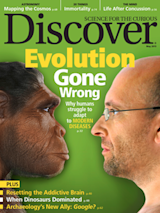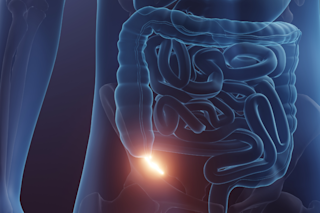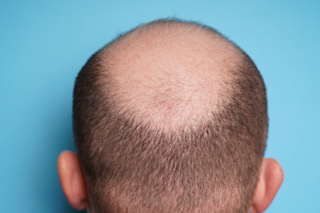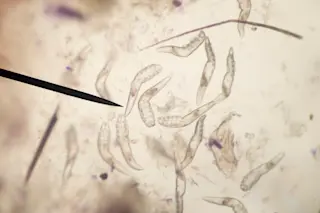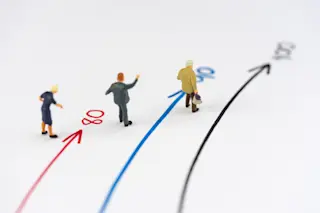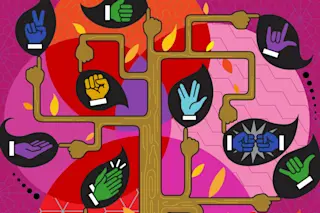Harvard evolutionary biologist Daniel Lieberman has written extensively about so-called mismatch diseases — that is, diseases that arise out of our ancestors' transition from hunting and gathering to farming. Those diseases could include everything from obesity and Type 2 diabetes to toe fungus and back pain.
Here, Lieberman offers his proposal for how to combat the problem of mismatch diseases.
If you are concerned about the obesity epidemic, the global surge of chronic noninfectious diseases, rising costs of health care, or your family’s health, then ask yourself if you agree with the following three statements:
For the foreseeable future, people will continue to get sick from mismatch diseases
Future advancements in medical science will continue to improve our ability to diagnose and treat the symptoms of mismatch diseases but will not devise many actual cures.
Efforts to educate people about diet, nutrition, and other ways to promote health will have ...



